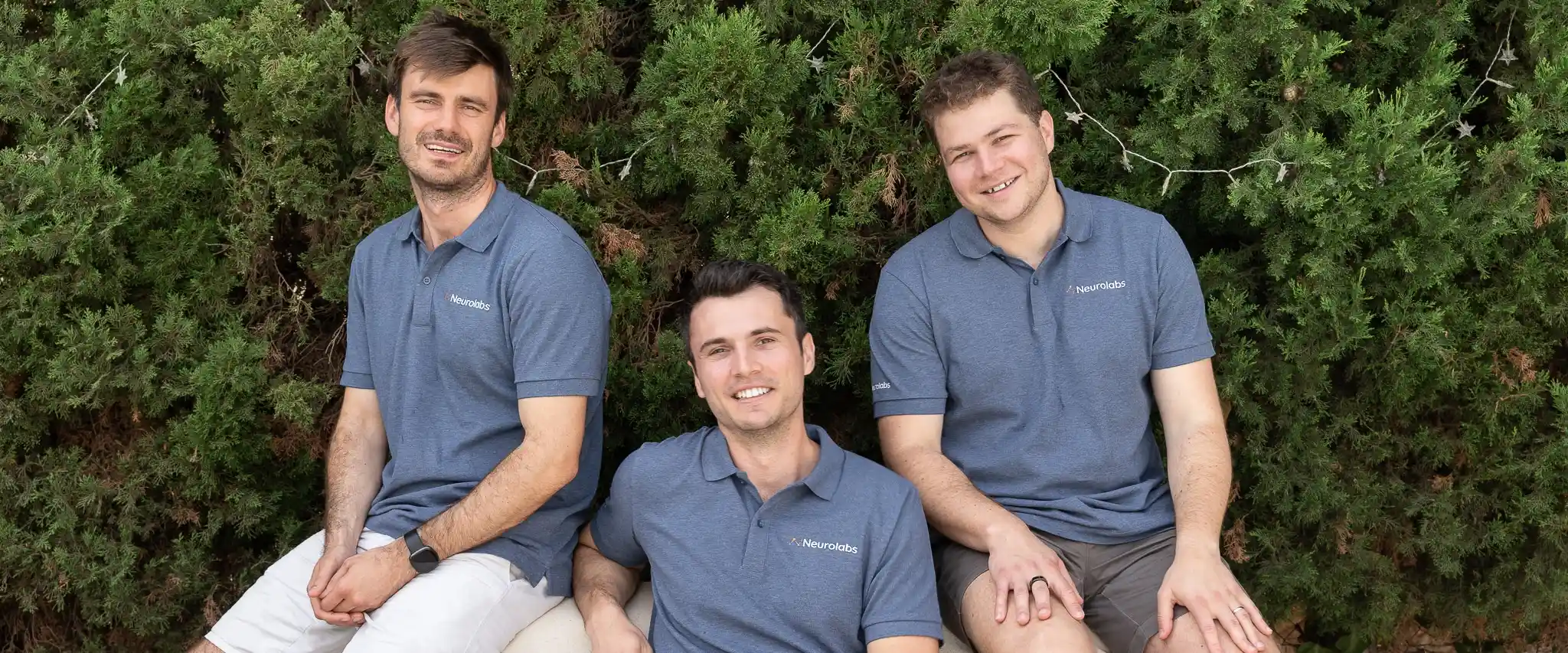

Neurolabs, the deeptech company pioneering enterprise-level Image Recognition as a Service (IRaaS), today announced it has closed a £6 million Series A funding round. The round was led by Nauta with participation from existing investors including LAUNCHub, Lunar Ventures, and Techstart. The investment will accelerate Neurolabs’ mission to transform how Consumer Packaged Goods (CPG) brands capture and act on in-store data, marking the company’s third funding round and bringing total investment to over £9 million.
The CPG sector is undergoing rapid transformation, with brands fighting for visibility in increasingly competitive retail environments. Neurolabs is redefining retail execution with cutting-edge Visual AI. With just a smartphone, field teams capture photos of inventory at different points in the supply chain, and within seconds, Neurolabs' image recognition turns them into accurate product insights.
The company's technology has already delivered remarkable results, with CPG brands reporting a reduction in field operational costs of up to 32% and a 93% reduction in product onboarding time. By eliminating manual audits and providing product level analytics instantly, Neurolabs has cut the time from store visit to action from days to minutes.
Neurolabs partners with some of the most forward-thinking CPG and retail technology companies globally, including a US soft drinks manufacturer, a European drinks and brewing company and a UK soft drinks manufacturer. These leaders are leveraging synthetic data and visual AI not only to improve on-shelf availability, but also to redefine operational benchmarks across their field execution programmes. Neurolabs’ Visual AI acts as an infrastructure layer within the enterprise tech stack, enabling rapid deployment, seamless integration, and scalability across markets.
This latest funding follows Neurolabs’ recent recognition by Sifted, which named the company as the fastest-growing deeptech startup and the 16th fastest-growing startup overall in the UK & Ireland. Founded in 2018 by a trio of scientists in Edinburgh, the company now has a team of over 25 people globally.
